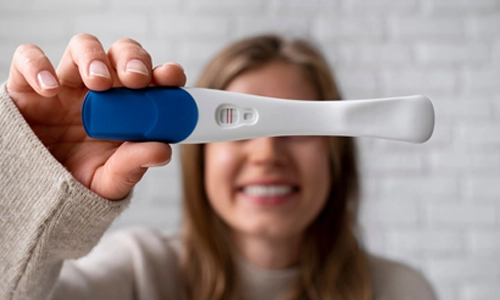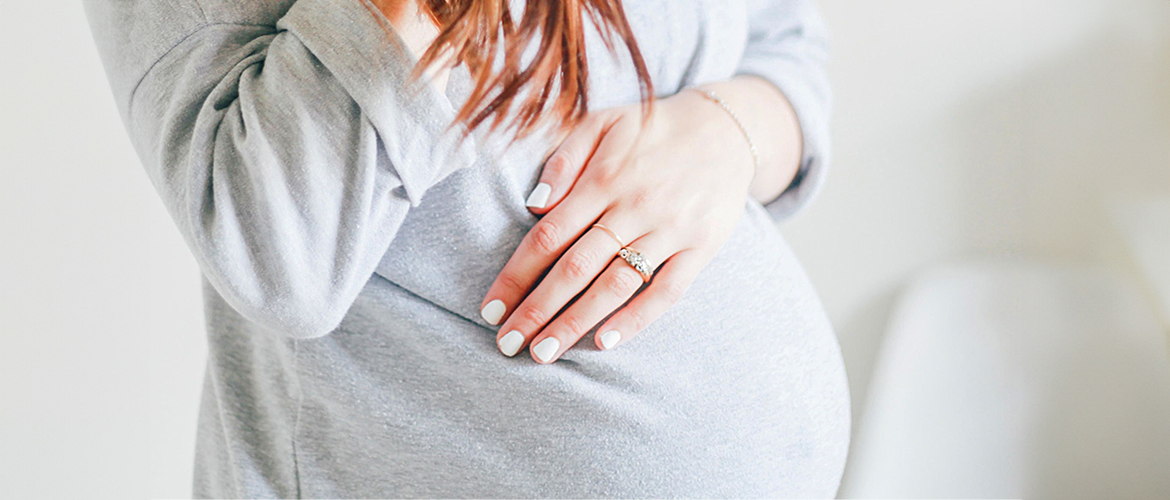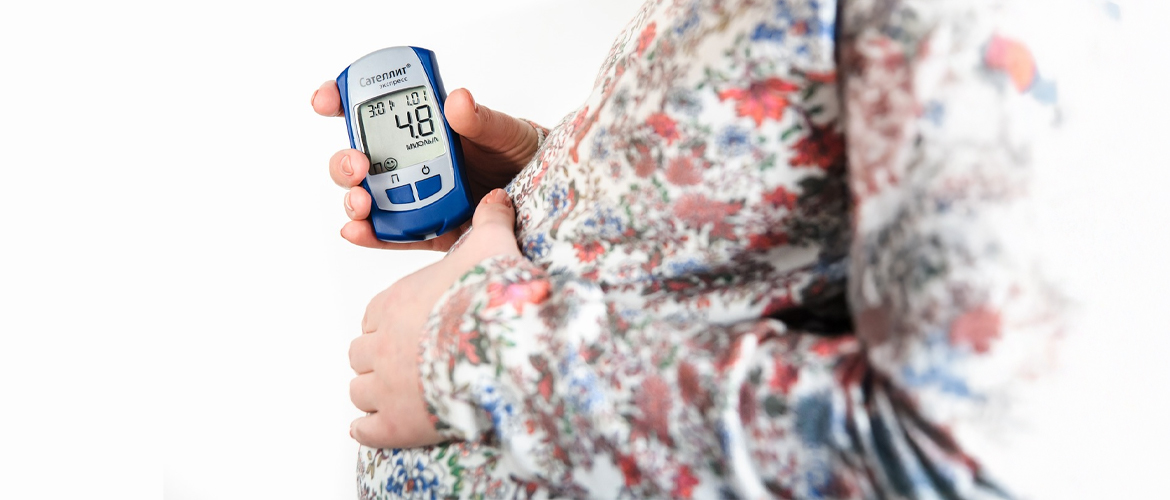If you’ve been wondering, “Could this be an early pregnancy symptom?”, you’re not alone. These whispers of change—feeling off, a twinge here or there—often come before the big “missed period” moment. And while every woman’s body is totally different, knowing what to watch out for can ease stress (and make you feel more in control). Let’s go through real signs, what to expect, and how to respond.
What Counts as an Early Pregnancy Symptom?

Here are some of the earliest signals your body may send. You might notice some, many, or even none—don’t panic if you don’t get them all.
| Symptom | What It Feels Like | When It Usually Shows Up |
| Missed Period or Spotting | Your period doesn’t arrive when expected. Sometimes there’s light bleeding (implantation bleeding) instead. | Missed period is most obvious. Spotting might happen ~6–12 days after conception. |
| Fatigue | Feeling unusually tired, even after enough sleep. Tasks feel heavier. | Often during weeks 1-4 or after a few weeks post-conception. |
| Tender or Swollen Breasts | Breasts feel sore, heavy, or sensitive—more than the usual pre-period feeling. | Early—sometimes 1-2 weeks after conception. |
| Nausea (with or without Vomiting) | A queasy feeling, maybe triggered by certain smells. Commonly called “morning sickness,” but happens any time. | Typically around 4-6 weeks. Some may feel it earlier. |
| Frequent Urination | You find yourself heading to the bathroom more often — sometimes waking up at night. | Often around 6 weeks, due to increased blood flow and hormone changes. |
| Mood Swings / Emotional Changes | Feeling more easily upset, anxious, or teary than usual. Hormones + change = emotional rollercoaster. | Early months, especially the first trimester. |
| Food Aversions or Sensitivity to Smells | Foods you once liked make you cringe. Smells hit differently. Maybe craving weird stuff. | Often an early symptom. Can start few weeks in. |
| Spotting or Mild Cramping | Tiny spotting, light bleeding or cramps similar to mild menstrual cramps. | Typically, around implantation time (6-12 days after fertilization) or the first few weeks. |
Tips: What to Do If You’re Noticing Symptoms

- Take note: Keep a small notebook or a phone note of what you’re feeling—when, how strong, what time. Helps you see patterns.
- Wait for your missed period: If your cycle is regular, missing it is one of the strongest signs of early pregnancy.
- Try a pregnancy test: Home pregnancy tests are pretty accurate after your missed period. If negative but symptoms continue, test again in a few days.
- Ask a healthcare provider: Especially if symptoms are severe (constant nausea, spotting heavily, dizziness, etc.).
When Symptoms Might Be Confusing

There are times when early pregnancy symptoms mimic other things: stress, hormonal birth control, illness, PMS, or even just bad sleep. So don’t assume until you get a test or medical opinion.
FAQs: Early Pregnancy Symptoms

1. How soon can I feel early pregnancy symptoms?
Some women feel changes as early as 1-2 weeks after conception; others not until after a missed period. Everybody reacts differently.
2. Can spotting mean early pregnancy?
Yes, light spotting (implantation bleeding) can be one of the first signs—usually mild and short-lived. But it can also be unrelated to pregnancy.
3. What if I have a missed period but no other symptoms?
That can still be an early pregnancy symptom. Use a home test after the missed period and see a doctor if you’re unsure.
4. Is nausea always morning sickness?
Not always. It can happen any time of day or night, often starting around weeks 4-6. If it’s severe, check with a healthcare provider.
5. Can I get early pregnancy tests before a missed period?
Some sensitive tests can detect pregnancy hormones very early, but a missed period ensures better reliability.
6. Do early symptoms differ from one pregnancy to another?
Yes. Your body, health, age, and number of past pregnancies all affect which symptoms you notice and when.
7. When should I see a doctor about early symptoms?
If you have heavy bleeding, unbearable pain, fainting, or inability to keep liquids down, seek medical advice promptly.
Recognizing an early pregnancy symptom is less about knowing the perfect moment and more about tuning into your body. These signs are your inner alarm system whispering, “something’s changing.” Whether you’re pregnant or not, noticing them helps you respond—rest, nourish yourself, seek support, and move forward with clarity.













